Why the next religious revival in the West may be Islamic
Islam is more relevant than ever, which means the West will have to find a place for it in political discourse

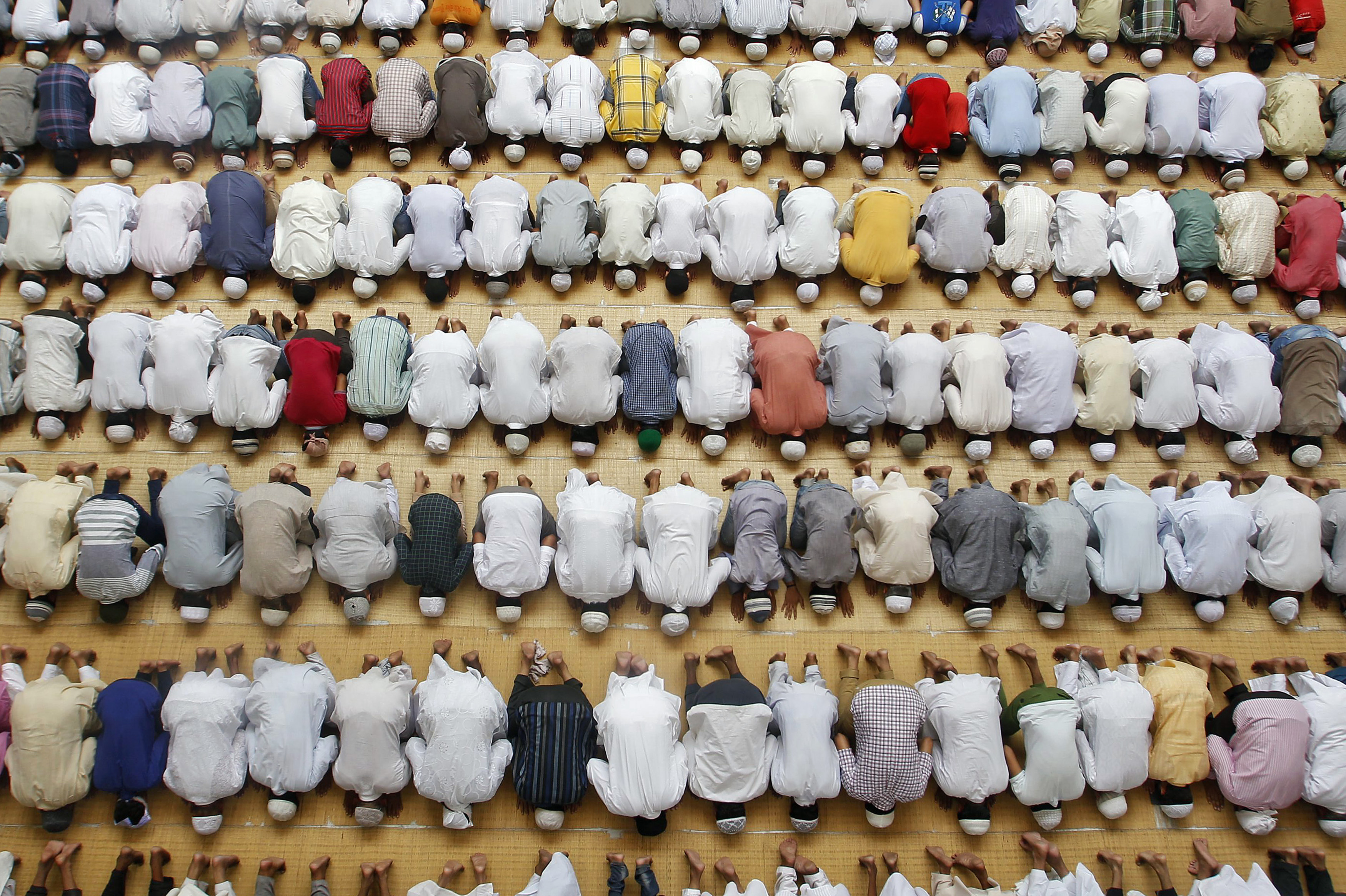
A free daily email with the biggest news stories of the day – and the best features from TheWeek.com
You are now subscribed
Your newsletter sign-up was successful
Is ISIS Islamic?
The president has weighed in, describing ISIS as a perversion of Islam. Graeme Wood's massively researched cover story for The Atlantic argues that, by the lights of the group's own adherents, yes, ISIS is very Islamic.
Still others point out that the very question is endlessly complex. Who has authority to pronounce on what is Islamic? What is the source of that authority, and how is that authority accepted?
The Week
Escape your echo chamber. Get the facts behind the news, plus analysis from multiple perspectives.

Sign up for The Week's Free Newsletters
From our morning news briefing to a weekly Good News Newsletter, get the best of The Week delivered directly to your inbox.
From our morning news briefing to a weekly Good News Newsletter, get the best of The Week delivered directly to your inbox.
Difficult as it may be, the question is going to become more important in the West, because the West is becoming more Islamic. Millions of Muslims have immigrated to Europe in recent decades, and it is likely that millions more will follow. The number is smaller in the United States, though the rate of Muslim immigration has increased over the last 20 years. (Reputable pollsters estimate that the U.S. population of Muslims is around 2.75 million, though the Council on American-Islamic Relations proclaims it is more than twice that.)
And it isn't just immigration. The French author Michel Houellebecq's new novel Soumission exaggerates wildly by foretelling a France that finds renewal in Islamization within the next decade. But Islam does win converts in the West, and there are good reasons to expect that some of the next great religious awakenings in the Western world will be Islamic ones.
For one, Islam is a living faith, whereas the established Christian churches are mostly dead. Islamic imams make headlines for proclaiming what they believe. Christian theologians and pastors make headlines for announcing what they doubt or no longer believe. However far behind the Islamic world is from the West economically, the presence of an Islamic government in Iran, and the wide-ranging Sunni revival that is upending the Middle East, speak to a faith that has immediate relevance.
In Europe, Islam comes across as streetwise and assertive. Mosques are full and thriving, the anchors of growing communities. Churches are wan, empty, scandal-ridden, and irresolute.
A free daily email with the biggest news stories of the day – and the best features from TheWeek.com
Even the worst of Islamism has not been a barrier. The British journalist Yvonne Ridley was kidnapped by the Taliban in Afghanistan, but has since converted and become an activist on behalf of Muslim causes in Britain. Conversions to Islam in the U.S. increased after the Sept. 11 attacks.
Islam is also proud of what it offers believers. Muslims happily share and teach core texts, sayings, and the history of their faith. These offer consolation, understanding, and a guide to life far more compelling than Western popular culture. By contrast, most Western Christians know very little about their own beliefs.
Even committed Christians will find themselves envying the unity and devotion that is prevalent across Islam. My own experience walking through Cairo at evening during the call to prayer taught me this lesson. The ancient chant rises above the city, and in alleyways men from all classes roll out mats and bow in prayer. Some shopkeepers momentarily slide curtains in front of their entrances. The less devout may continue walking, but chat more quietly, as a hush descends over a city of 8 million. As the chant ends, one can almost sense a citywide sigh of relaxation. Only a low-functioning animal would not be impressed by this.
Among Christians, this kind of wide, open, unselfconscious, nation-defining piety is entirely absent. The only Christian analogue that comes to mind is the way, in the 1980s, drivers in the west of Ireland might still cross themselves as they passed by a parish church. But that habit has since died, and anyway it is rather like comparing dipping water from a malfunctioning faucet to the roar of a living river.
Christianity concerns itself with theological debates and orthodoxy first, and also with the regulation of the moral lives of its faithful. Its march out into the public square is slightly constrained by its theology ("my kingdom is not of this world") and by history. The separation of church and state and the centuries of secularization give the impression that Christian theology is conducted in an almost private sphere. In important ways, Christians have internalized the idea that the church is merely a private pursuit.
Meanwhile, the great social, political, and moral issues are debated in terms that are public. Environmentalism, feminism, anti-racism, and all manner of social reform movements do not hole themselves up in private institutions — they issue forth into the public square and demand reform. Islam matches this way of thinking. Islam does not need to invent intellectual disguises like "natural law" to sneak ideas into the public square.
It may be more honest to say that Islam often subsumes the political sphere into the religious one. Islam's primary intellectual project is not theology, but jurisprudence, the right conduct and governance within the ummah. In the way that moral and political reform are blurred together, a post-Christian culture may look more and more like a pre-Islamic one.
This is why the question of whether something is Islamic will come up more often. The ummah is not at all analogous to the Christian church. It's conception of the public sphere, and the role of the believer in public life, is different from the one that informs Christianity and Western secularism. Respecting Islam means admitting this difference.
Islam is going to play a public role in the West, which means we are all going to have to have some familiarity with its texts, its sources of authority, and its interpretive traditions. We may have to become as comfortable criticizing it in corporate terms as we do with Christian churches. And if we can't manage that critical closeness and comfort, there's always Soumission.
Michael Brendan Dougherty is senior correspondent at TheWeek.com. He is the founder and editor of The Slurve, a newsletter about baseball. His work has appeared in The New York Times Magazine, ESPN Magazine, Slate and The American Conservative.
-
 Palantir's growing influence in the British state
Palantir's growing influence in the British stateThe Explainer Despite winning a £240m MoD contract, the tech company’s links to Peter Mandelson and the UK’s over-reliance on US tech have caused widespread concern
-
 Quiz of The Week: 7 – 13 February
Quiz of The Week: 7 – 13 FebruaryQuiz Have you been paying attention to The Week’s news?
-
 Nordic combined: the Winter Olympics sport that bars women
Nordic combined: the Winter Olympics sport that bars womenIn The Spotlight Female athletes excluded from participation in demanding double-discipline events at Milano-Cortina
-
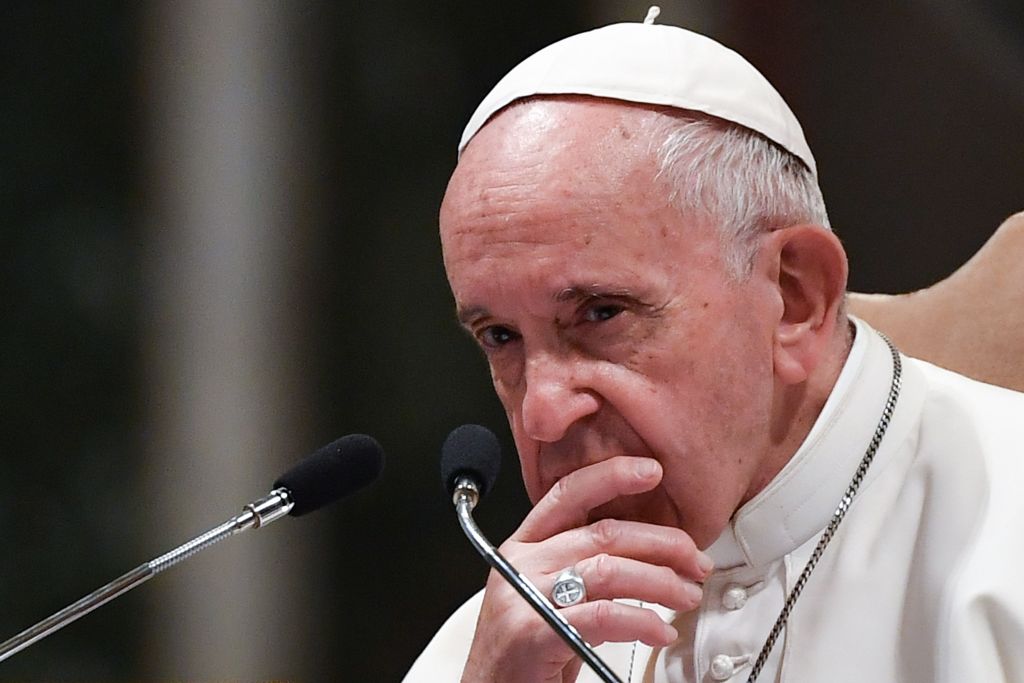 Pope Francis speaks about sex abuse scandals, Trump, and his conservatism
Pope Francis speaks about sex abuse scandals, Trump, and his conservatismSpeed Read
-
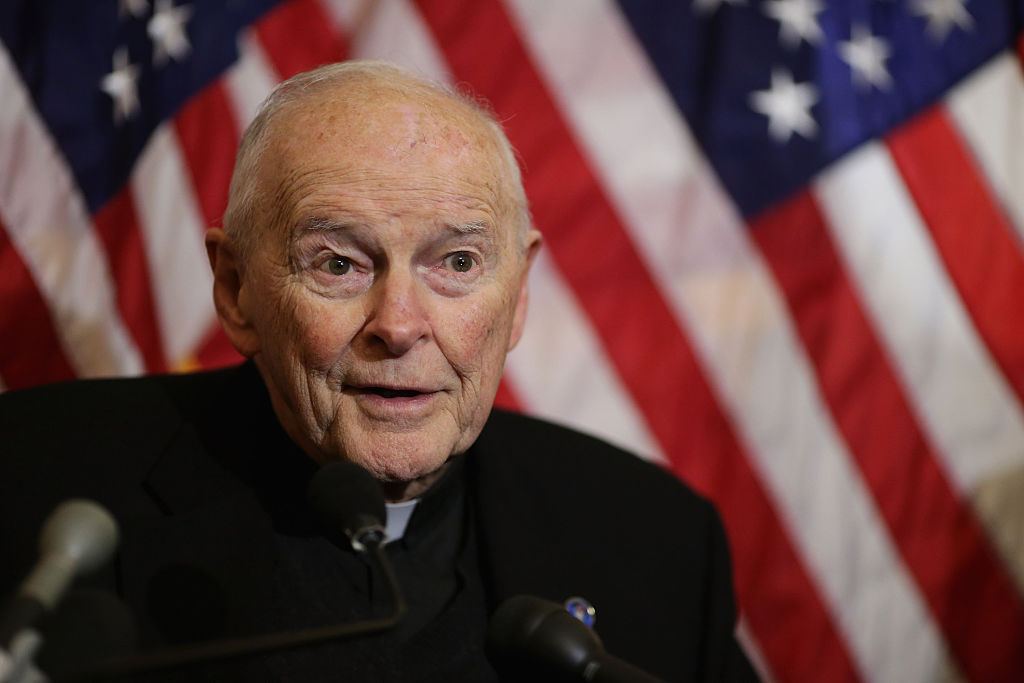 Pope Francis makes unprecedented decision in defrocking Theodore McCarrick
Pope Francis makes unprecedented decision in defrocking Theodore McCarrickSpeed Read
-
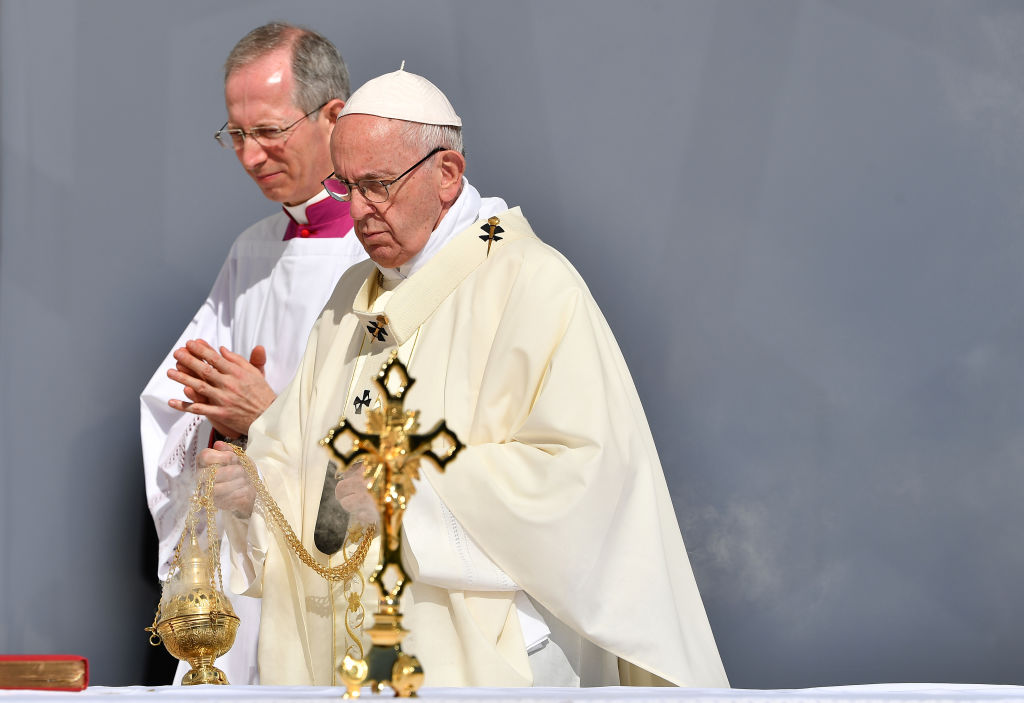 For the first time, Pope Francis publicly admits priests and bishops have sexually abused nuns
For the first time, Pope Francis publicly admits priests and bishops have sexually abused nunsSpeed Read
-
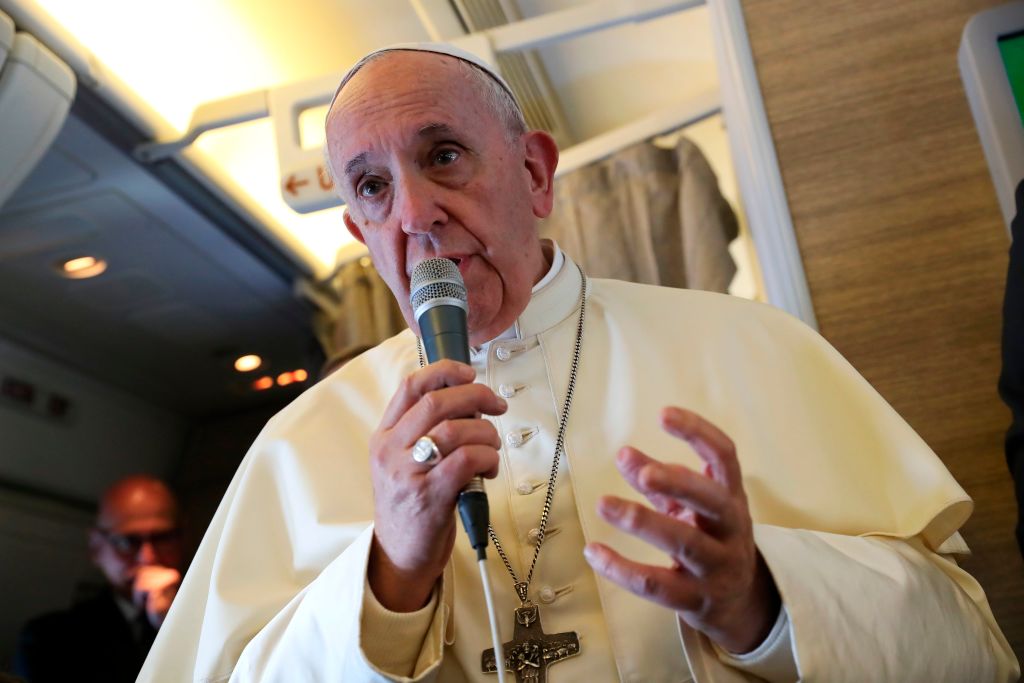 Pope Francis calls for peace in Yemen
Pope Francis calls for peace in YemenSpeed Read
-
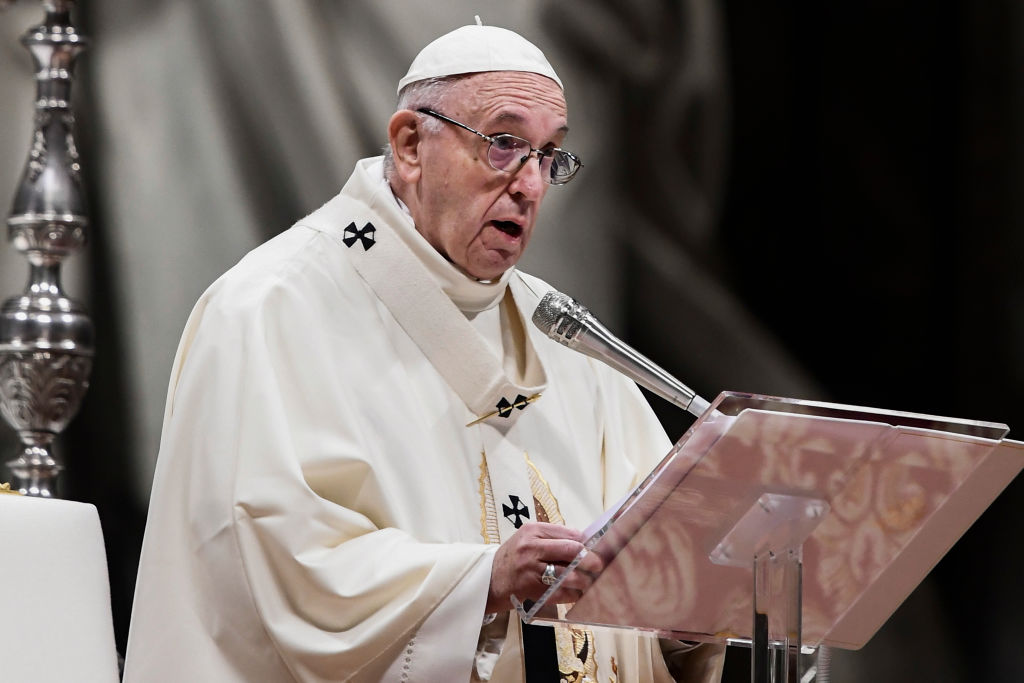 Pope Francis to abusive priests: 'Hand yourself over to human justice'
Pope Francis to abusive priests: 'Hand yourself over to human justice'Speed Read
-
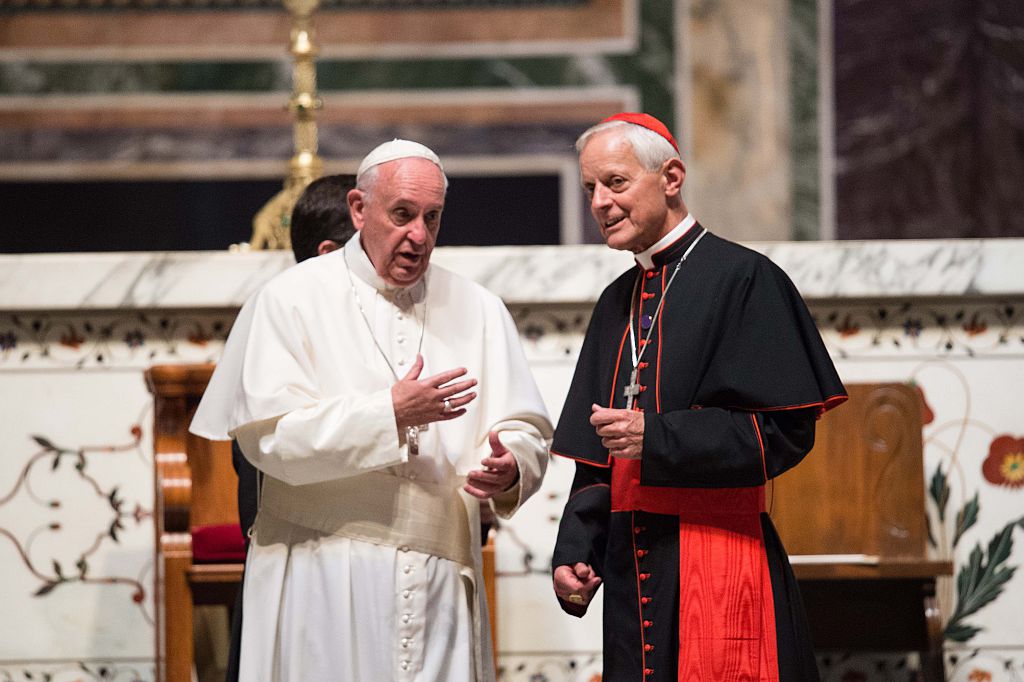 Pope Francis accepts resignation of embattled Washington Archbishop Donald Wuerl
Pope Francis accepts resignation of embattled Washington Archbishop Donald WuerlSpeed Read
-
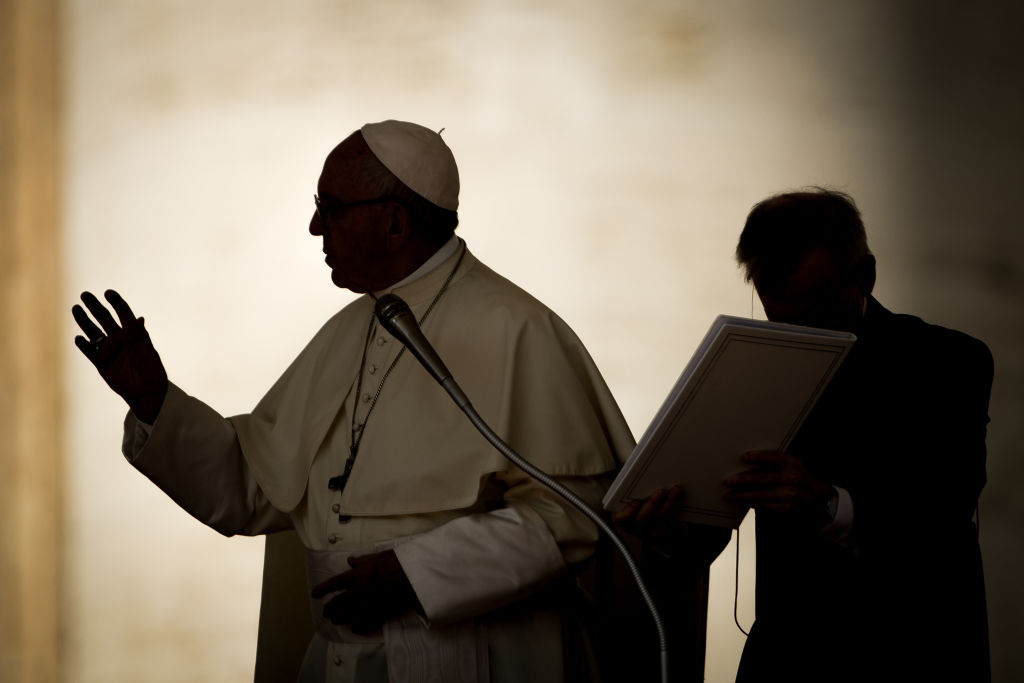 Pope Francis defrocks Chilean priest over sex abuse scandal
Pope Francis defrocks Chilean priest over sex abuse scandalSpeed Read
-
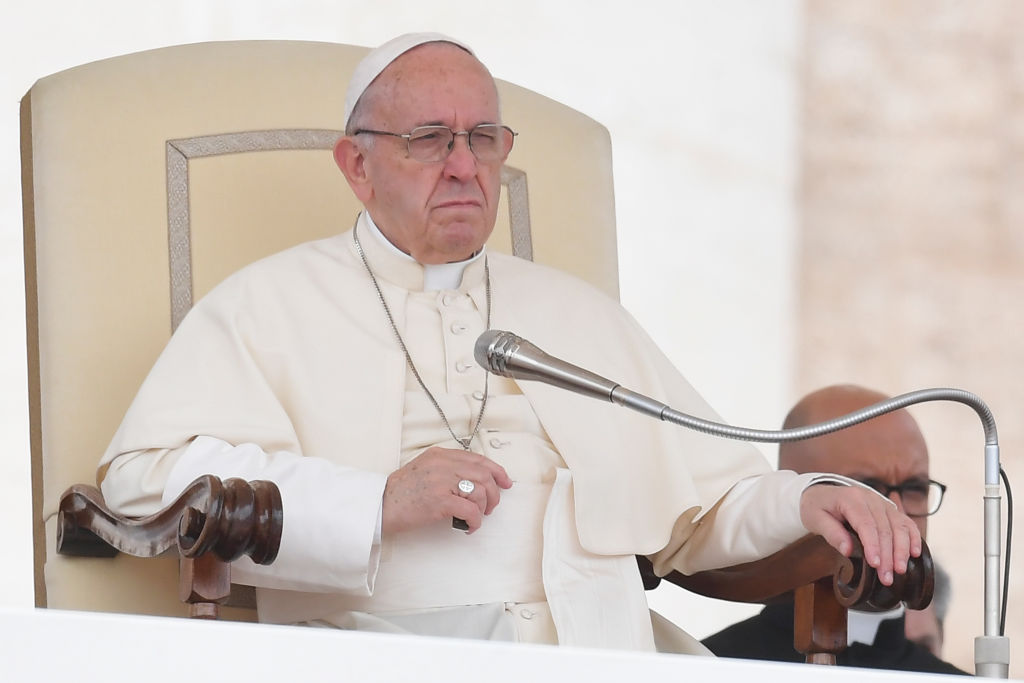 Pope Francis will meet with U.S. church leaders over clergy abuse
Pope Francis will meet with U.S. church leaders over clergy abuseSpeed Read
